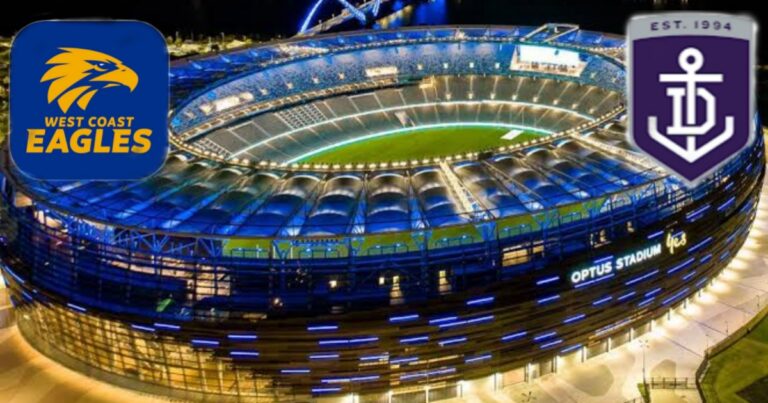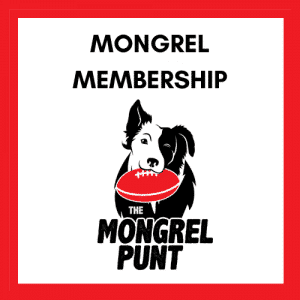With Tasmania confirmed as the 19th AFL team, the next question was always inevitably where the 20th team was going to be placed.
Nobody likes byes. I don’t like them, you don’t like them and the AFL doesn’t like them (especially when a 10th game per round can add some juicy value to their next media contract).
And save me the notion that the talent isn’t there. There’s never been MORE talent in the AFL, it’s just a matter of utilising it properly (but that’s a story for another article, – it is midseason draft week after all).
A team based in the Northern Territory has always been the pick of the fans of course, along with maybe a team based in Canberra (which was never on the table, as the AFL won’t take that area away from a GWS Giants team that’s arguably more popular there than in NSW). But the strongest contender would have been to put a third team in WA.
Don’t snicker, there was a lot of reasoning behind it that holds up. Perth is growing faster than any other city in Australia per capita, it has a new stadium that stands alongside Adelaide Oval as the most beautiful in the country (sorry Victorians, bigger doesn’t mean more beautiful), a third WA team would solve a lot of the fixturing and travel problems that WA teams are unhappy about, and it has two very willing locations looking to host a third team in Joondalup, in Perth’s northern suburbs, and Bunbury, in the state’s southwest.
So for a 20th team, WA was a very strong contender if not the leading contender.
At least until today.
The West Australian Football Commission have broken their silence with a very firm “no, thank you,” to the prospect of a third team. No feasibility studies, no conducting a survey of WA footballing fans to determine potential support, not so much as a nibble.
It seems incredible that a footballing body can have so much say on entry to the national league but the fact of the matter is they own the licenses of both Fremantle and West Coast, and without the support of the WAFC, a third WA team is dead in the water.
In the interest of playing devil’s advocate, the WAFC does present a very logical point to turn down a third team. There are legitimate concerns on whether or not a third WA team could get the support needed to avoid being a small fish, the interstate version of a St Kilda or North Melbourne.
To put numbers into it, the WAFC would only consider a third team viable that could regularly fill 80% of the 60,000 (48,000, for those who don’t want to do the sums) capacity at Optus Stadium and sign 60,000 members, to boot.
Three AFL clubs based in a city with a population of two million and growing would certainly be viable in theory, but the realities of a footballing landscape where the Eagles and Dockers have had decades to build a fanbase means a third WA team would have its work cut out. That’s fair enough.
But in saying that, no investigations into its feasibility? No canvassing to see if a third team would be possible? No crossing the t’s and dotting the i’s to see if a potential Joondalup or Bunbury-based team could get to the numbers the WAFC find viable? A third team would make WA the second-biggest state in the AFL behind Victoria. A third WA team would also as mooted above would also solve the logistical problems that WA teams have complained about to the AFL.
In one statement, the WAFC have killed the concept of a third WA team. Only time will tell if they’ve made one of the smartest or one of the most nearsighted decisions in AFL history.
But at least fans of a Darwin team can celebrate. With WA out of the race, they’ve moved from sentimental favourites to odds-on favourites to finally represent the Top End.


